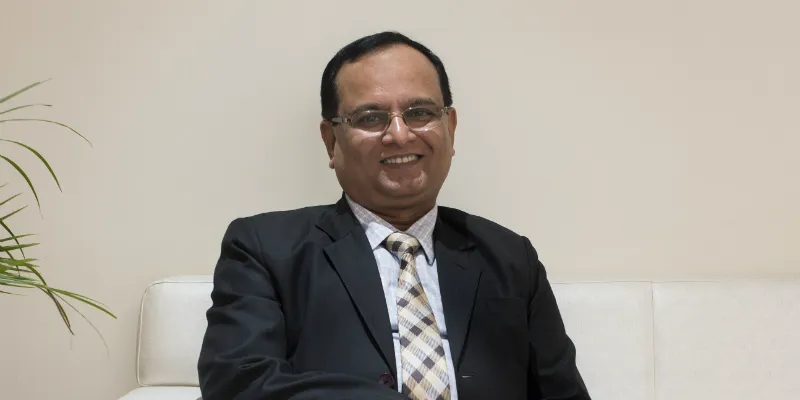'RBI's Public Credit Registry to make MSME loans cheaper and cut lender's risk': Kalyan Basu, MD & CEO, A.TReDS
In late 2018, The Reserve Bank of India (RBI) announced it had initiated steps to set up a digital Public Credit Registry (PCR) to provide prospective and existing borrowers access to financial institutions. This was a welcome move for the cash-strapped MSME sector as it promised to simplify access to MSME loans.
PTI had reported that PCR would also capture details of all borrowers, including wilful defaulters and pending legal suits, in order to check financial delinquencies. Further, borrowers would be able to access their own credit information on the platform and seek corrections to their credit information stored on the PCR.
So how will the PCR boost access to MSME loans for small businesses?
Kalyan Basu, MD and CEO, A.TReDS Ltd, believes the PCR will greatly aid financial institutions in identifying good borrowers and monitor borrowing. He says, “It will reduce credit risk and lower credit cost. Consequently, this would lead to lower cost for the borrower and higher credit growth.”

Kalyan Basu, MD and CEO, A.TReDs
The RBI had indicated that PCR would address information asymmetry, foster access to credit, and strengthen the credit culture in the economy.
The Expression of Interest (EOI) document had said the PCR will be a digital registry of authenticated granular credit information and will work as a financial information infrastructure providing access to various stakeholders and enrich the existing credit information ecosystem.
This would greatly benefit small businesses as they lack access to MSME loans due to the absence of credit history and proper documentation of assets, liabilities, and cash flows, Basu adds. Further, the cost of servicing small ticket loans through traditional channels of banking had made them unviable.
According to him, most of MSME loan lending happens through informal channels.
“Finding access to formal credit still remains a challenge. A report by BCG and Omidyar Network suggests that the total estimated MSME loan demand in 2018 was Rs 45 lakh crore but only Rs 25 lakh crore was met through formal channels.”
Early reports had said the platform will include data from entities such as SEBI, the corporate affairs ministry, Goods and Service Tax Network (GSTN) and the Insolvency and Bankruptcy Board of India (IBBI). The goal was to enable the banks and financial institutions to get a 360-degree profile of existing and prospective MSME loan borrowers on a real-time basis.
Basu agrees this will allow prospective MSME loan lenders to have a complete picture of the creditworthiness of borrowers. This, in turn, would boost the lender's' ability to distinguish between a good borrower and bad borrower and take an informed credit call.
He says, “In the current day and age, there is a digital trail available for every transaction. By standardising data collation and reporting, RBI has taken a step in the right direction by enabling equitable access to MSME loans. The new age NBFC fintech ecosystem could also overlay its own risk assessment algorithms on the data shared by PCR and further improve its risk assessment.”
The RBI invited EOIs for developing the registry from companies with a turnover of over Rs 100 crore in the last three years.
ALSO READ:
At 22%, MSME lending is leading growth in banking: BCG report







